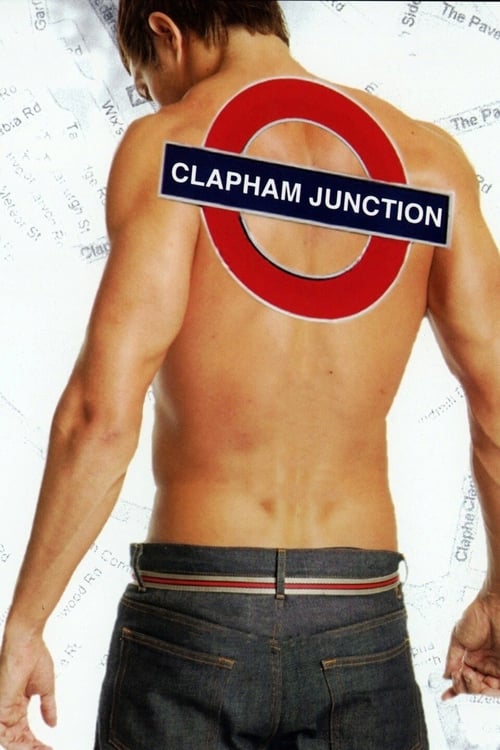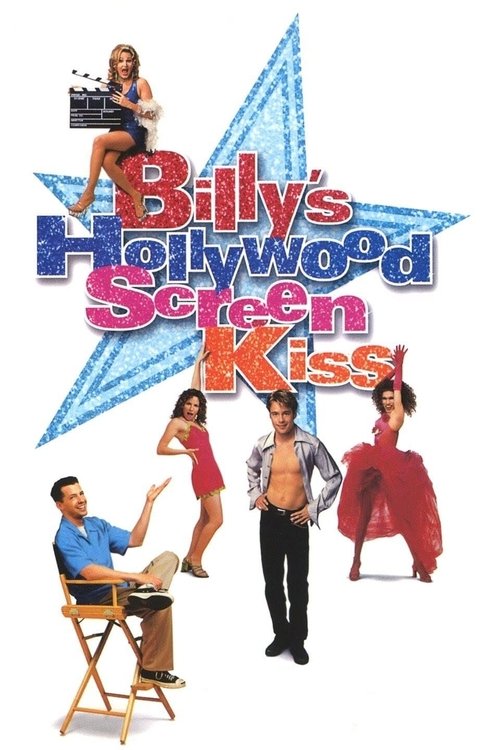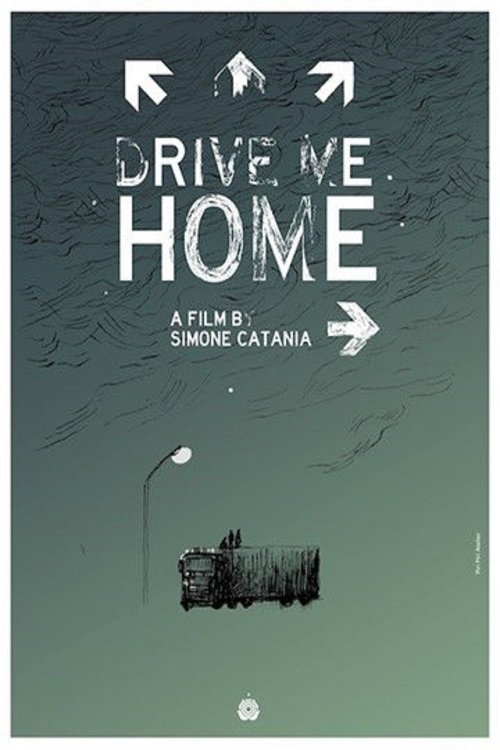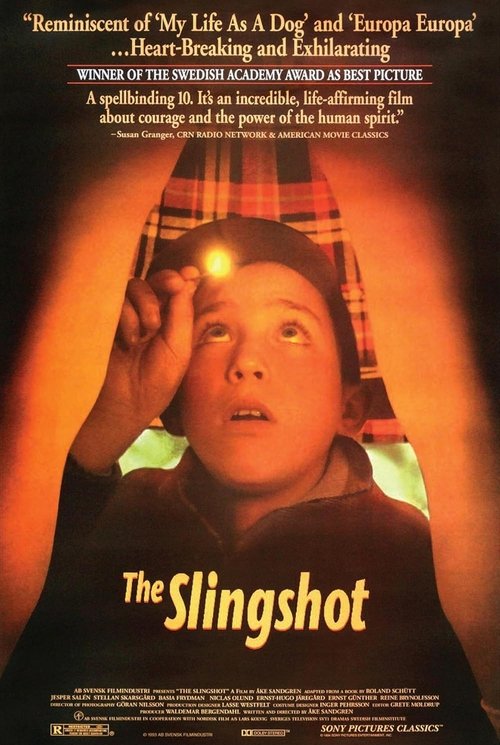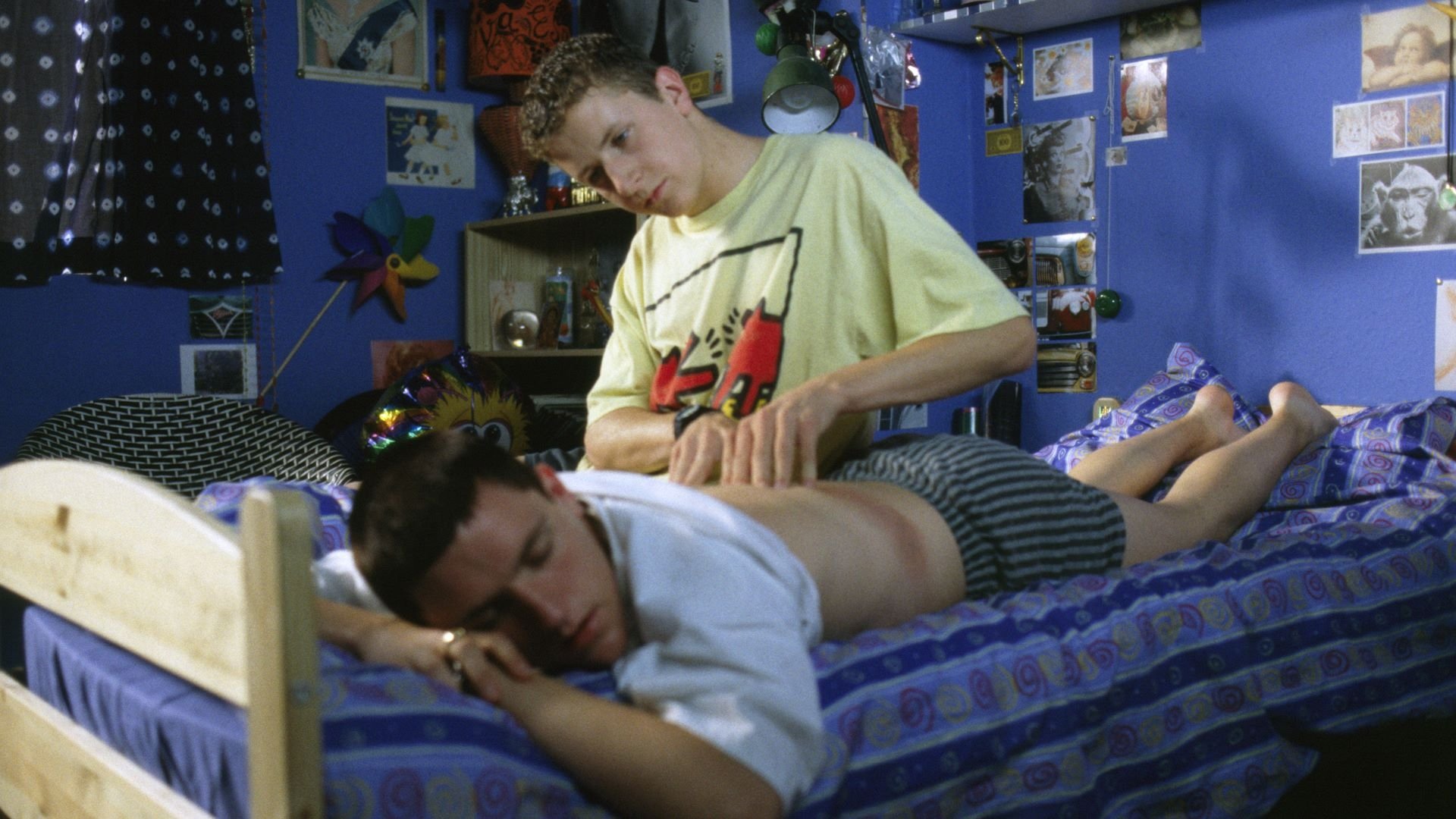
1996
Beautiful Thing
Comedy, Drama, Romance
8.0
User Score
336 Votes
Status
Released
Language
en
Budget
$0
Production
Channel Four Films, World Productions
Overview
During a long, hot summer on the Thamesmead Estate in Southeast London, three teenagers edge towards adulthood.
Review

FilipeManuelNeto
2.0
**Yet another apologetic film about the assumption of homosexuality.**
I've had other occasions to say that I'm not a fan of apologetic and contestatory films. I am not against their existence, there is room for them and cinema is a legitimate form for the expression and defense of political, social or moral agendas, theories and ideas. It's simply not a type of cinema that I really like to consume, not least because it's a niche cinema, that is, that tends to please those who already defend those ideas, in addition to trying to convince us to accept them. This film does precisely that with homosexuality. There are more and more films that talk about the subject, some do it with skill and even a healthy neutrality, which leaves us room to think and doesn't try to teach us the opinions we should have. “Dallas Buyers Club”, “Philadelphia” or even “Milk” are good films about the theme and about people who defended well the sacred right of homosexuals (and of any citizen) to live their sex life without being the target of recriminations, as long as obey the laws like all citizens. This movie is not that good.
The script focuses on two young people from troubled families in the suburbs of London: after refusing to go home, where he suffers aggression, Steven is welcomed by Jamie's mother. The closeness between the two teenagers eventually leads them to become sexually involved, leading to major complications as their relationship becomes increasingly obvious to everyone who lives there. That is, the film is like so many others, except that it is about homosexuals who live in a kind of urban Babylon where crime, alcohol, drugs, sex and the end of moral values grow more easily than weeds. Supposedly, their relationship is the purest and most innocent thing that is born there... or that's what the film tries to convince us. I wouldn't have so many problems with the moral degradation of that social environment if the story was good, but it's not: it's too sugary, melodramatic, it's full of clichés, and it's approached in a dogmatic way, always around prejudice and shame in being homosexual. The film does not deviate from this tone and, using cheap sentimentality, wants to force us to think in a certain way.
Glenn Berry and Scot Neal are two actors I didn't know, and whose careers didn't take off. I don't know where they are today, but I can say that, from what I've seen, they don't seem to be working as actors anymore and haven't achieved any success. Perhaps this is due to the absolute lack of charisma that both suffer from, and that did not help them to sustain their role in this film. Linda Henry is much more effective and competent, even if she cannot save the film. On a technical level, and being an independent film with a limited budget, we can't fault it. The film does a good job with what it has. There just isn't anything that is really notable, or outstanding.
Read More 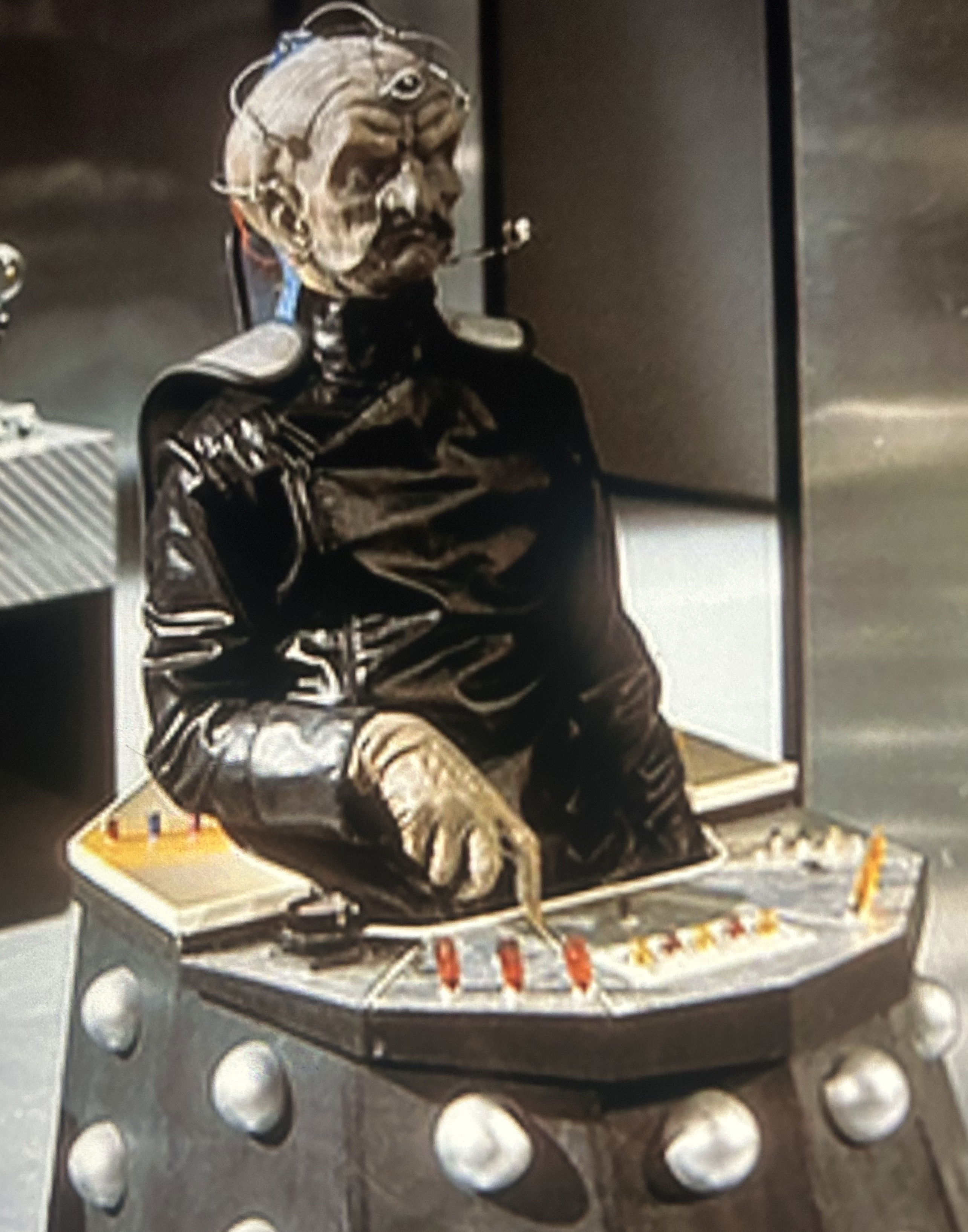
Geronimo1967
7.0
"Jamie" (Glen Berry) lives with his single-parent mum "Sandra" (Linda Henry) on a London housing estate. He's a slight lad who is prone to bullying at school which leads him to skive off now and again to go home and watch musicals on the telly. Next door is his schoolmate "Ste" (Scott Neal) who has a pretty torrid time of his own with a father and brother who thinking nothing of knocking him about. The lads start to bond and are soon firm friends whose relationship could be starting to burgeon into something more... This film has a distinct charm about it. Sure, maybe it's a wee bit stereotypical at times, but there are strong efforts from Neal, Berry, especially Henry and from Ben Daniels as her love interest "Tony" - who appears to be little better than a dope smoking idler initially, but who is actually rather more than that. It addresses issues of brutality, parenthood and pride - but somehow you just know that there is going to be light at the end of the tunnel and by choosing this ostensibly hostile location for the setting, that light becomes all the more potent as our story develops. It's clearly been done on a budget, the production is a bit on the basic side - but this is a story about character - the strengths and depth of it - and it moves along well and quite powerfully for an engaging ninety minutes.
Read More 
